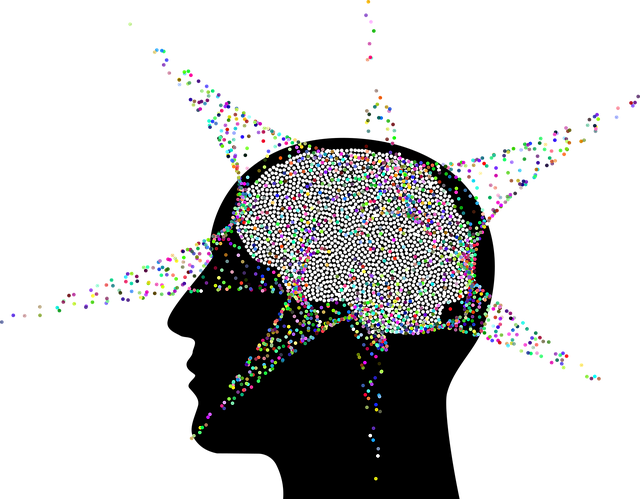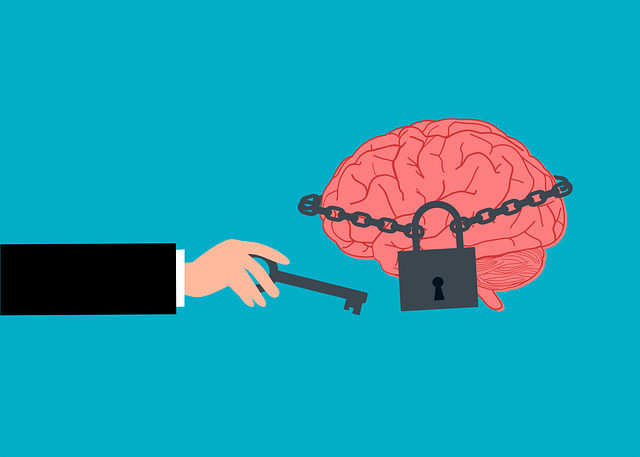Mental wellness journaling, combined with Colorado Springs Biofeedback Therapy's mindfulness techniques, offers a powerful self-reflection tool for emotional awareness and stress reduction. Regular journaling helps individuals process life's challenges, manage anxiety and depression, and build mental resilience through dedicated time in a quiet space. This practice, integrated with biofeedback technology, provides insights into stress triggers and effective coping mechanisms, aiding professionals in personalized risk assessment and care.
Mental wellness journaling is a powerful self-care practice, offering individuals a sanctuary for reflection and healing. In this guide, we explore how Colorado Springs Biofeedback Therapy enhances mental wellness through structured journaling routines. Learn about unlocking your inner thoughts, processing emotions, and cultivating mindfulness with actionable tips tailored by experts in the field. Discover the transformative potential of mental wellness journaling and embrace a healthier mind.
- Understanding Mental Wellness Journaling: Unlocking Self-Reflection and Healing
- The Role of Colorado Springs Biofeedback Therapy in Enhancing Journaling Practices
- Creating a Therapeutic Routine: Tips for Effective Mental Wellness Journaling
Understanding Mental Wellness Journaling: Unlocking Self-Reflection and Healing

Mental wellness journaling is a powerful tool for self-reflection and healing. By dedicating time to record thoughts, emotions, and experiences, individuals can gain profound insights into their mental health and well-being. This practice allows one to explore their feelings, identify patterns, and cultivate emotional awareness—essential aspects of maintaining balanced mental health. In the heart of Colorado Springs, Biofeedback Therapy offers comprehensive crisis intervention guidance, integrating mindfulness meditation techniques to enhance emotional regulation skills.
Through regular journaling, individuals can create a safe space to process life’s challenges, traumas, or even everyday stressors. It encourages self-exploration, fostering a deeper connection with one’s inner self. This practice can help in recognizing triggers, managing anxiety and depression, and promoting overall mental resilience. By embracing this therapeutic habit, people can take control of their emotional health and navigate life’s complexities with greater clarity and composure, all while benefitting from the calming effects of mindfulness meditation and effective crisis intervention strategies offered by Colorado Springs Biofeedback Therapy.
The Role of Colorado Springs Biofeedback Therapy in Enhancing Journaling Practices

Colorado Springs Biofeedback Therapy offers a unique and valuable tool to enhance mental wellness journaling practices. Through this innovative approach, individuals can learn to connect with their bodies’ signals, allowing for a deeper understanding of their emotional states. By combining biofeedback technology with reflective writing, one can gain profound insights into stress triggers and develop effective coping mechanisms. This integrated practice not only aids in self-awareness but also contributes to Stress Reduction Methods, making it an essential addition to any Mental Wellness Journaling Exercise Guidance routine.
Additionally, the Colorado Springs Biofeedback Therapy’s role extends beyond journaling; it serves as a crucial component in the Risk Assessment for Mental Health Professionals. By equipping practitioners with these tools, they can better support clients, ensuring more comprehensive and personalized mental health care. This technology-meets-self-reflection fusion empowers individuals to take charge of their mental wellness journey, fostering a sense of control and resilience.
Creating a Therapeutic Routine: Tips for Effective Mental Wellness Journaling

In the pursuit of mental wellness, establishing a consistent journaling routine can be a powerful tool for self-care. Much like Colorado Springs biofeedback therapy sessions, dedicated time for reflection and writing allows individuals to navigate their emotional landscapes. To make this practice therapeutic, consider setting aside a specific time each day or week—a ritualistic moment where you engage with your thoughts and feelings without judgment. Begin by selecting a quiet space free from distractions; this could be your bedroom, a cozy corner of your home, or even a peaceful spot outdoors. Create an environment that supports emotional healing processes by ensuring the area is well-lit, comfortable, and conducive to introspection.
The key to effective journaling lies in its personal nature. Encourage readers to write freely, exploring any themes or prompts that arise. Incorporate practices like mindfulness exercises before beginning, setting intentions for your journal entry, and reflecting on recent experiences. For instance, Healthcare Provider Cultural Competency Training emphasizes the importance of understanding one’s own biases and perspectives, which can be explored through introspective writing. By combining these strategies, individuals can harness their creativity, process complex emotions, and develop a deeper sense of self-awareness—all vital aspects of maintaining mental wellness.
Mental wellness journaling is a powerful tool for self-care and healing, offering individuals a chance to explore their thoughts and emotions. By integrating practices like those enhanced by Colorado Springs Biofeedback Therapy, one can create a consistent therapeutic routine. This article has provided insights into understanding mental wellness journaling, the benefits of biofeedback therapy, and practical tips to foster effective journaling habits. Remember, consistent self-reflection through journaling is a game-changer for maintaining and improving mental wellness.









